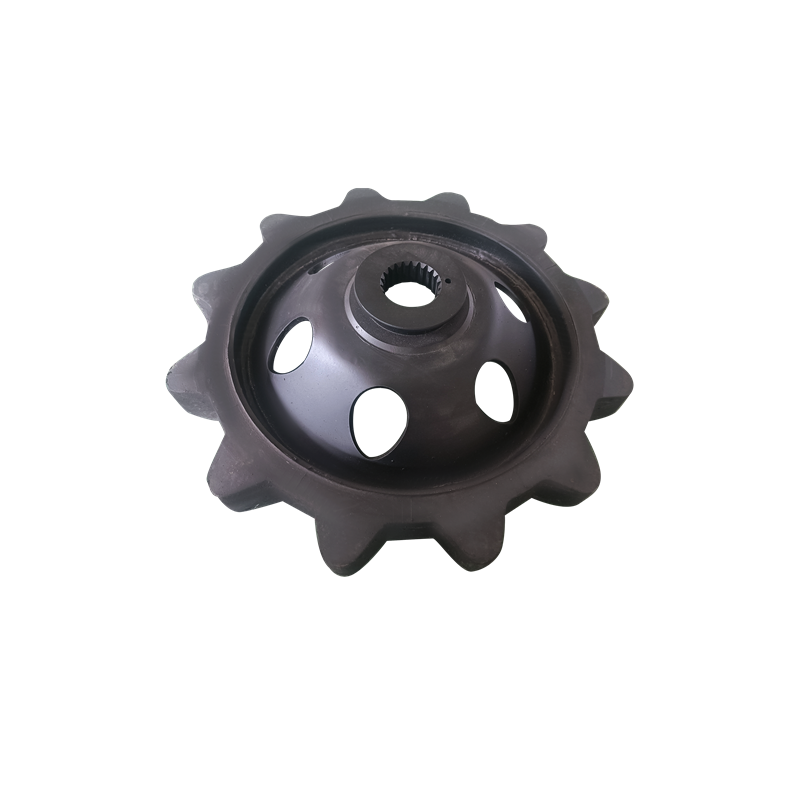Durability Engineering for Vehicle Mechanical Parts

The validation process for mechanical parts intended for tracked all-terrain vehicles involves rigorous testing methodologies that simulate years of operational stress within compressed timeframes. These vehicle components must demonstrate reliability under conditions that far exceed typical automotive requirements, including extreme temperatures, corrosive environments, and sustained heavy loading. The development cycle for these mechanical components incorporates multiple phases of laboratory testing, field trials, and data analysis to identify potential failure modes and design improvements. The engineering approach for these vehicle parts emphasizes predictable performance degradation rather than sudden failure, allowing for scheduled maintenance and component replacement before operational compromise occurs. The testing protocols for these mechanical parts examine not only individual component performance but also interaction effects between connected systems. This comprehensive validation approach ensures that each vehicle component will perform as intended throughout its designated service life in challenging operating conditions.
Laboratory testing provides controlled conditions for evaluating fundamental material properties and structural characteristics of mechanical parts. Servohydraulic test frames apply cyclic loading patterns to vehicle components while monitoring for crack initiation, deformation, and eventual failure. These tests generate valuable data about fatigue life and help establish safe operational limits for mechanical components under various load conditions. Environmental chambers subject vehicle parts to temperature extremes, humidity variations, and corrosive atmospheres to assess material stability and protective coating effectiveness. Specialized test rigs simulate specific functional requirements for mechanical parts, such as wear testing for track components or seal durability testing for hydraulic elements. The data collected from these laboratory tests informs design modifications and material selections early in the development process, reducing the need for costly changes after production tooling has been created.
Field testing represents an essential phase in validating the performance of mechanical parts under real-world operating conditions. Instrumented vehicles equipped with data acquisition systems collect information about loads, temperatures, and vibrations experienced by vehicle components during operation across various terrain types. This operational data provides insights that cannot be fully replicated in laboratory environments, particularly regarding random impact events and complex multi-axis loading patterns. The field evaluation of mechanical parts typically includes accelerated life testing that compresses years of normal operation into months of intensive use. Test engineers monitor specific vehicle components for signs of wear, deformation, or performance degradation throughout these extended trials. The information gathered during field testing directly influences final design specifications, maintenance interval recommendations, and potential design improvements for mechanical components.
The analysis of failed mechanical parts provides crucial information for continuous improvement in component design and manufacturing processes. Metallurgical examination of fractured vehicle components identifies whether failures resulted from material defects, manufacturing inconsistencies, design deficiencies, or operational abuse. Scanning electron microscopy reveals fracture surface characteristics that help determine the failure mechanism and initiation point for cracked mechanical parts. Dimensional analysis of worn vehicle components measures wear patterns and identifies areas requiring design modifications or enhanced material properties. The findings from failure analysis contribute to refined engineering standards and manufacturing specifications for future production of mechanical components. This systematic approach to learning from field performance creates an iterative development process that progressively enhances the durability and reliability of vehicle parts. The continued refinement of these mechanical components through comprehensive testing and analysis ensures that tracked all-terrain vehicles maintain their operational capability in the world's most challenging environments, supported by thoroughly validated mechanical systems.
- Art
- Causes
- Crafts
- Dance
- Drinks
- Film
- Fitness
- Food
- Jogos
- Gardening
- Health
- Início
- Literature
- Music
- Networking
- Outro
- Party
- Religion
- Shopping
- Sports
- Theater
- Wellness


